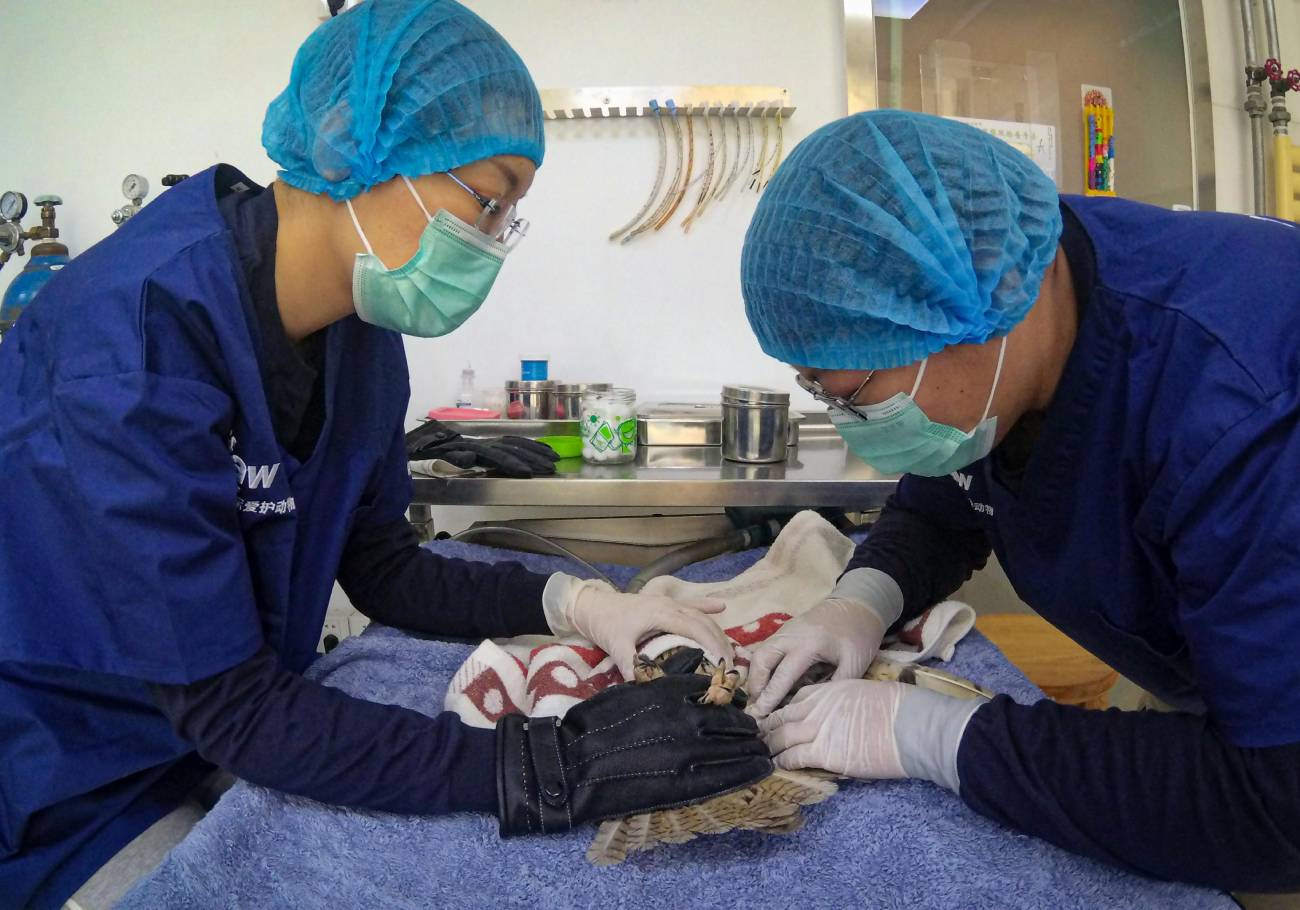
Veterinarians across Malaysia are celebrated on World Veterinary Day, 26 April, for their critical role in animal health, human well-being, and environmental sustainability.
This year’s theme, “Animal Health Takes a Team,” highlights their collaborative efforts in addressing challenges like Highly Pathogenic Avian Influenza (HPAI) and antimicrobial resistance.
From farms to urban clinics, veterinarians safeguard Malaysia’s RM18.8 billion poultry industry and promote sustainable practices, ensuring food security and public health.
Their work strengthens communities by protecting animals and people, yet veterinarians need greater support to meet rising demands. This day underscores their vital contributions and the need for policy reform.
Veterinarians’ collaborative impact
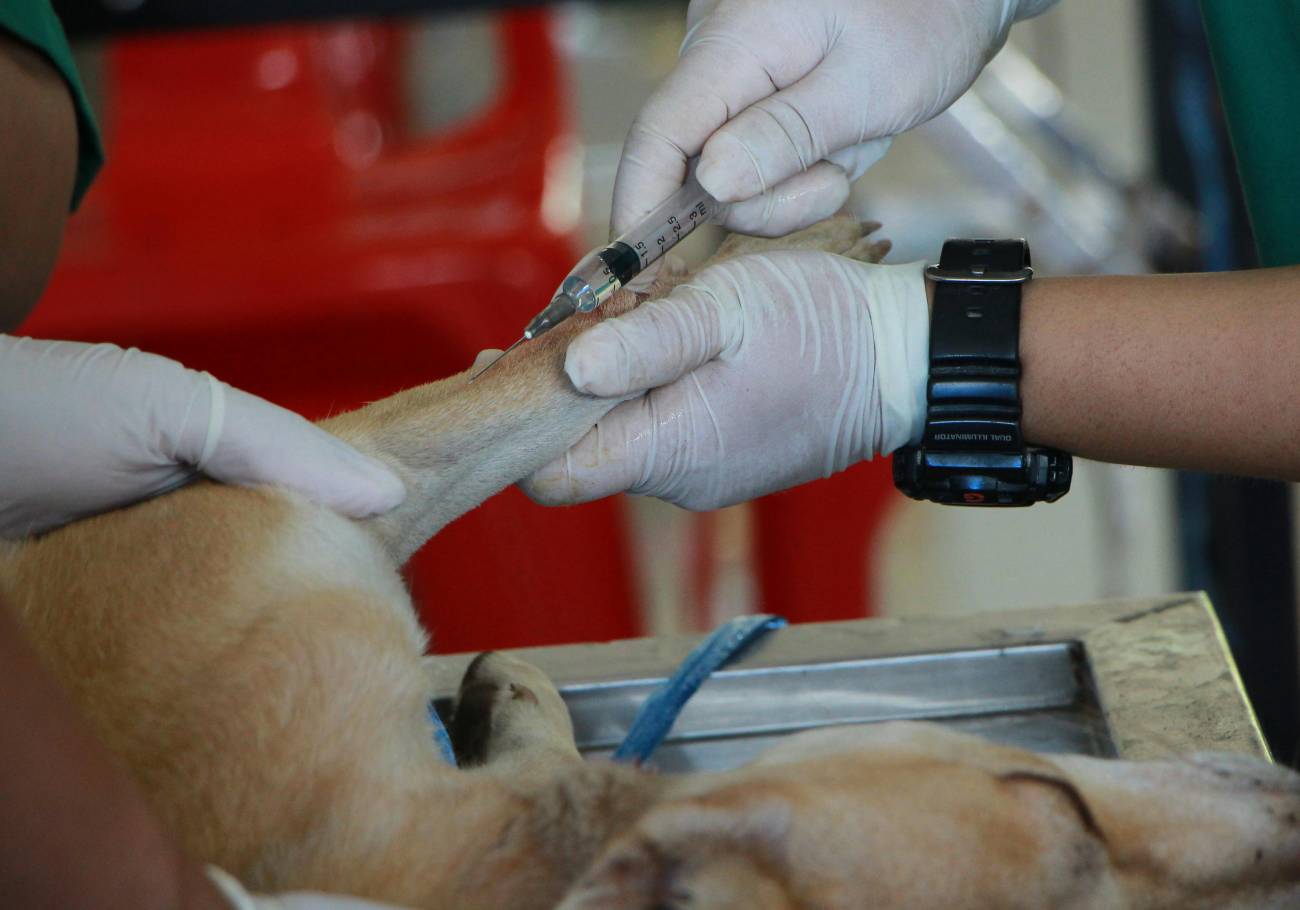
Veterinarians lead the fight against HPAI, a zoonotic disease devastating global poultry. In the UK and US, millions of birds were culled, spiking egg prices.
Malaysia’s veterinarians, with public and private teams, maintain vigilance to protect the poultry sector.
Adequate funding for the Department of Veterinary Services is crucial, they stress, for disease prevention and rapid response.
Antimicrobial resistance poses another threat. Veterinarians work with farmers to ensure responsible antimicrobial use, monitoring food chains to deliver safe, residue-free products. Their efforts curb drug-resistant infections, safeguarding public health across Malaysia.
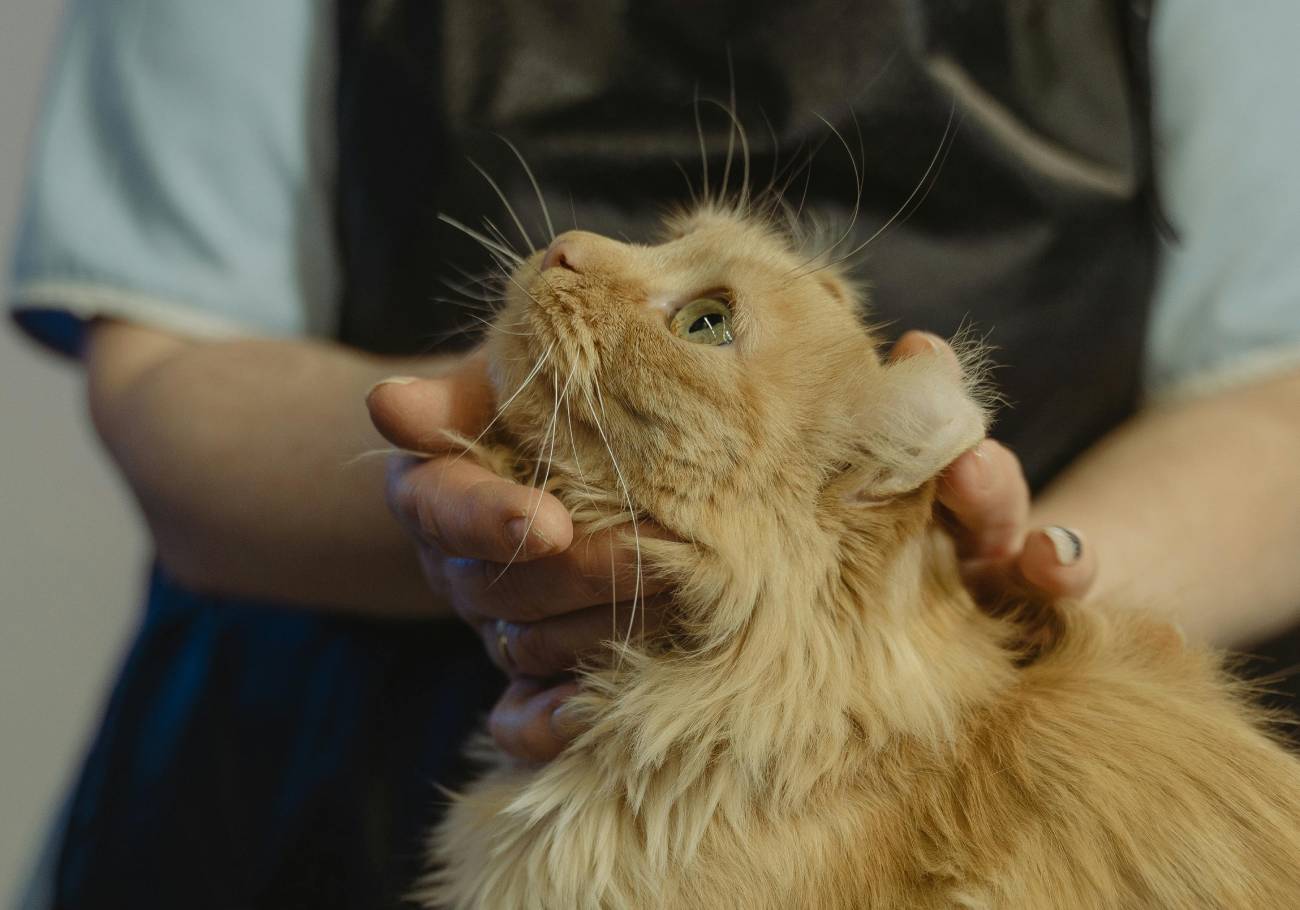
Environmental sustainability is a priority. Agrifood systems emitted 16.2 billion tonnes of CO₂ equivalent in 2022, with livestock contributing significantly. Veterinarians introduce feed additives and advanced manure handling, like anaerobic digestion, to reduce emissions while boosting animal health.
In Malaysia’s growing beef and dairy sectors, veterinarians enhance breeding and husbandry practices to meet rising protein demand. However, they urge stronger government policies to ensure sustainable industry growth.
Animal welfare, from stray control to ethical farming, remains emotive. Veterinarians advocate for neutering and responsible pet ownership, collaborating on regulatory frameworks and community campaigns to address urban stray issues effectively.
Veterinarians face resource challenges
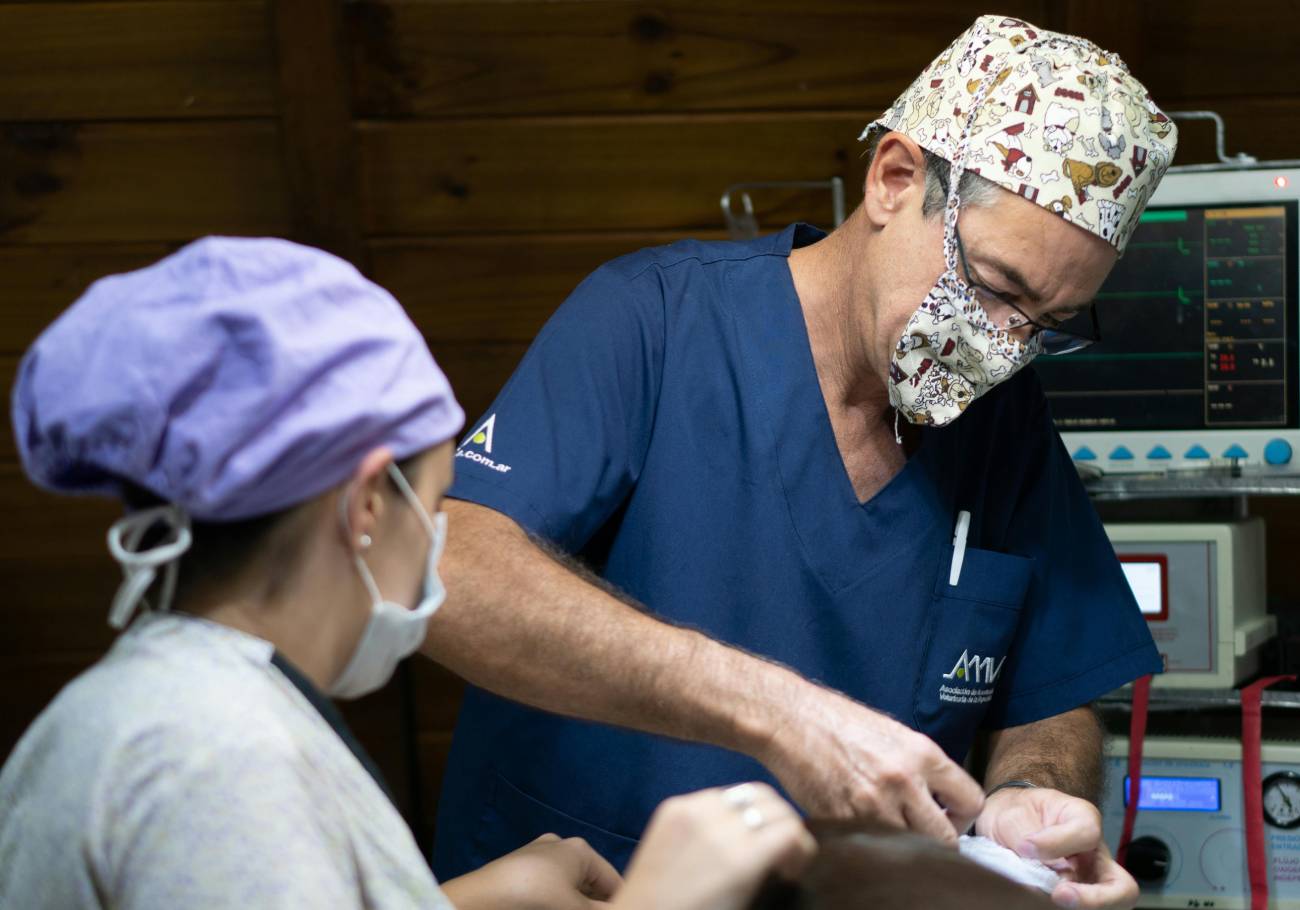
Malaysia’s pet ownership surge has spurred veterinary clinic growth, reflecting shifting attitudes toward animal care.
Yet, veterinarians face workforce shortages and inadequate funding, straining service quality. Partnerships with financial institutions could improve clinic infrastructure and training, meeting public expectations.
Public-sector veterinarians, despite rigorous five-year training, earn less than peers in Singapore or South Korea. Low salaries drive many to private practice or commercial roles.
A comprehensive salary review and clear career paths are essential to retain talent, ensuring robust animal and public health systems.
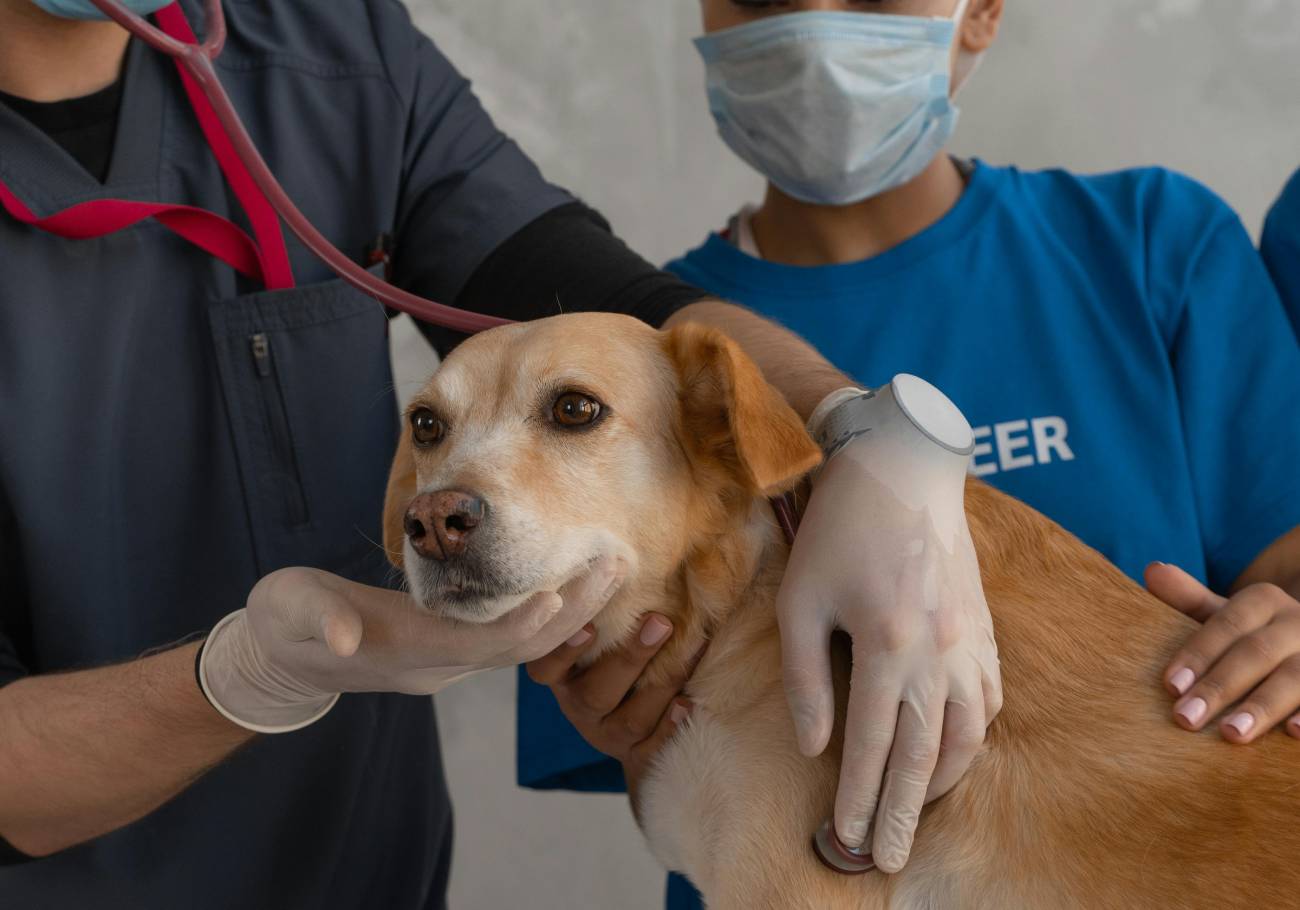
Malaysia’s urban and rural communities rely on veterinarians to balance animal welfare with economic needs, a role requiring greater recognition.
The government’s support for veterinary services aligns with national goals for food security and sustainability.
Increased investment in training and infrastructure would empower veterinarians to address emerging challenges, from disease outbreaks to climate impacts.
On World Veterinary Day, communities are urged to support veterinarians through advocacy for better policies and resources. Contact local veterinary associations to learn how to contribute to their efforts.
Veterinarians remain unsung heroes, bridging animal care, public health, and environmental stewardship.
By honouring their work with fair compensation and robust support, Malaysia can ensure a thriving, sustainable future for its communities and ecosystems.
Dato’ Dr Quaza Nizamuddin Hassan Nizam, Professor at Faculty of Health and Medical Sciences, Taylor’s University. He previously served as the Director-General of the Department of Veterinary Services Malaysia (2017-2020) and as the President of the Federation of Asian Veterinary Associations (2020-2022)


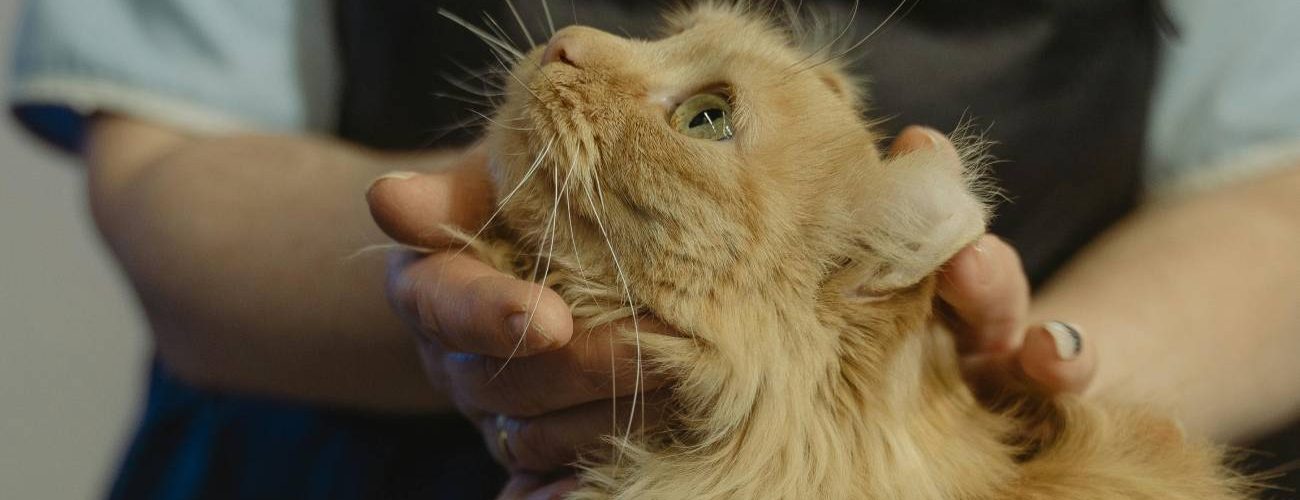









Add comment